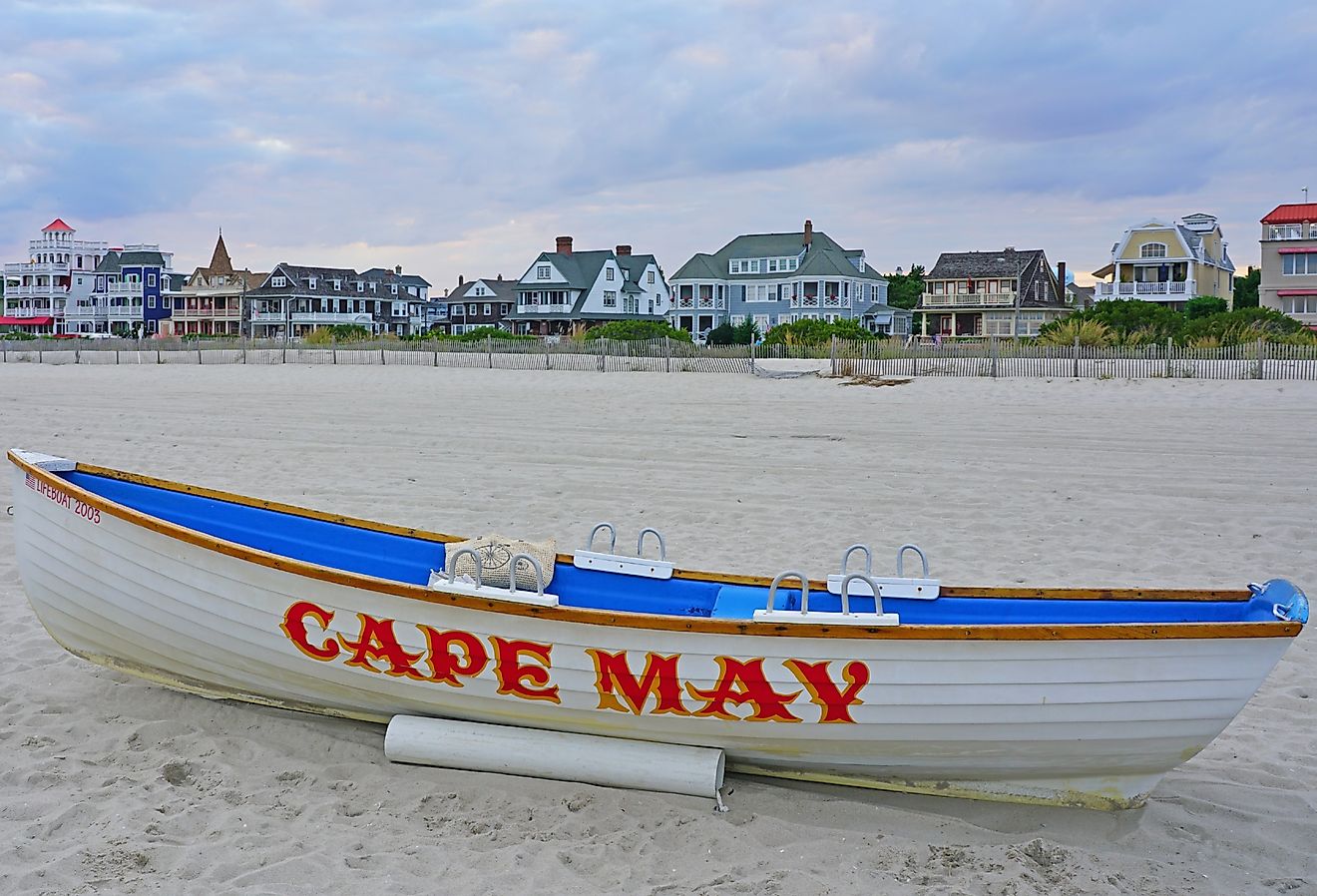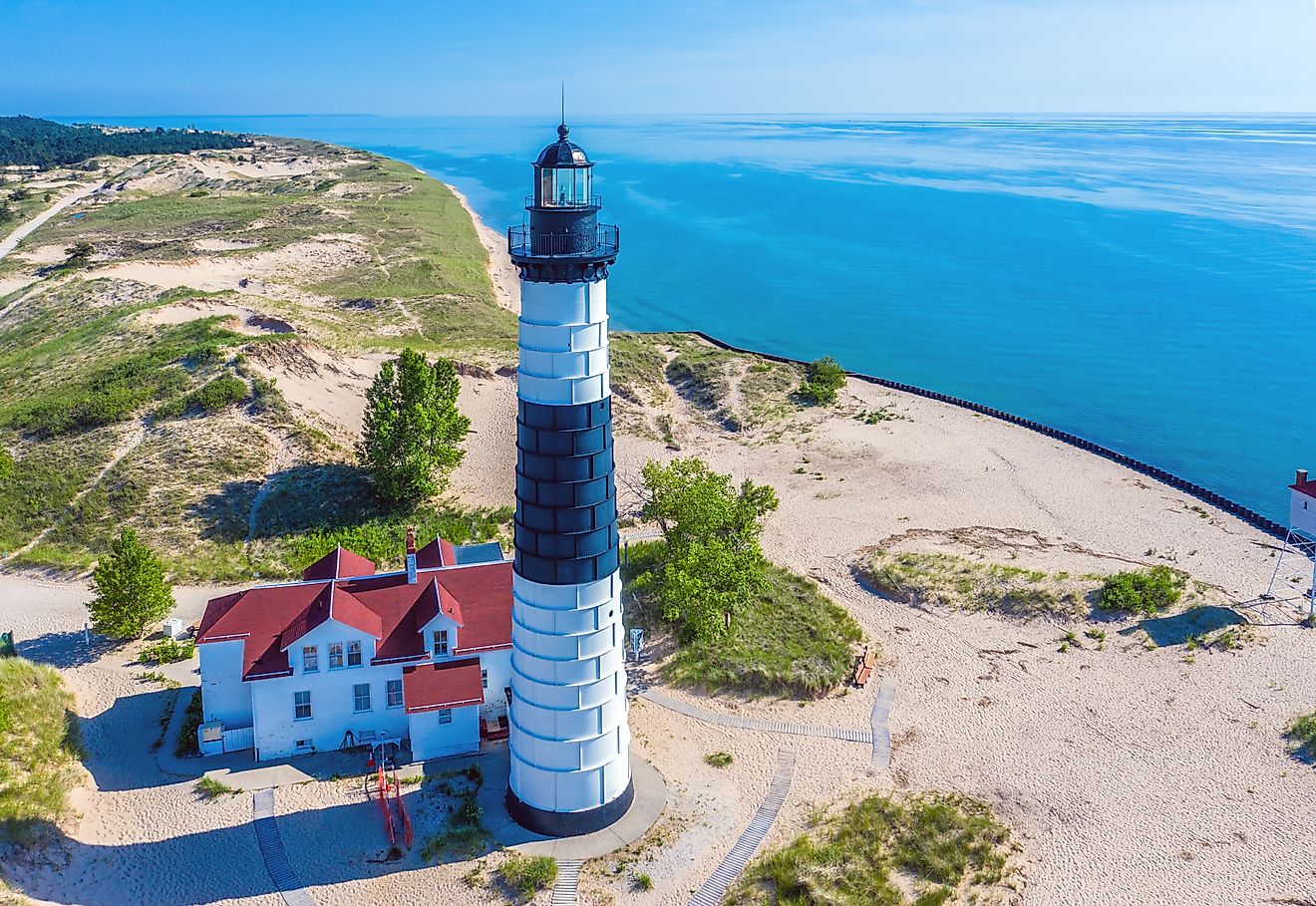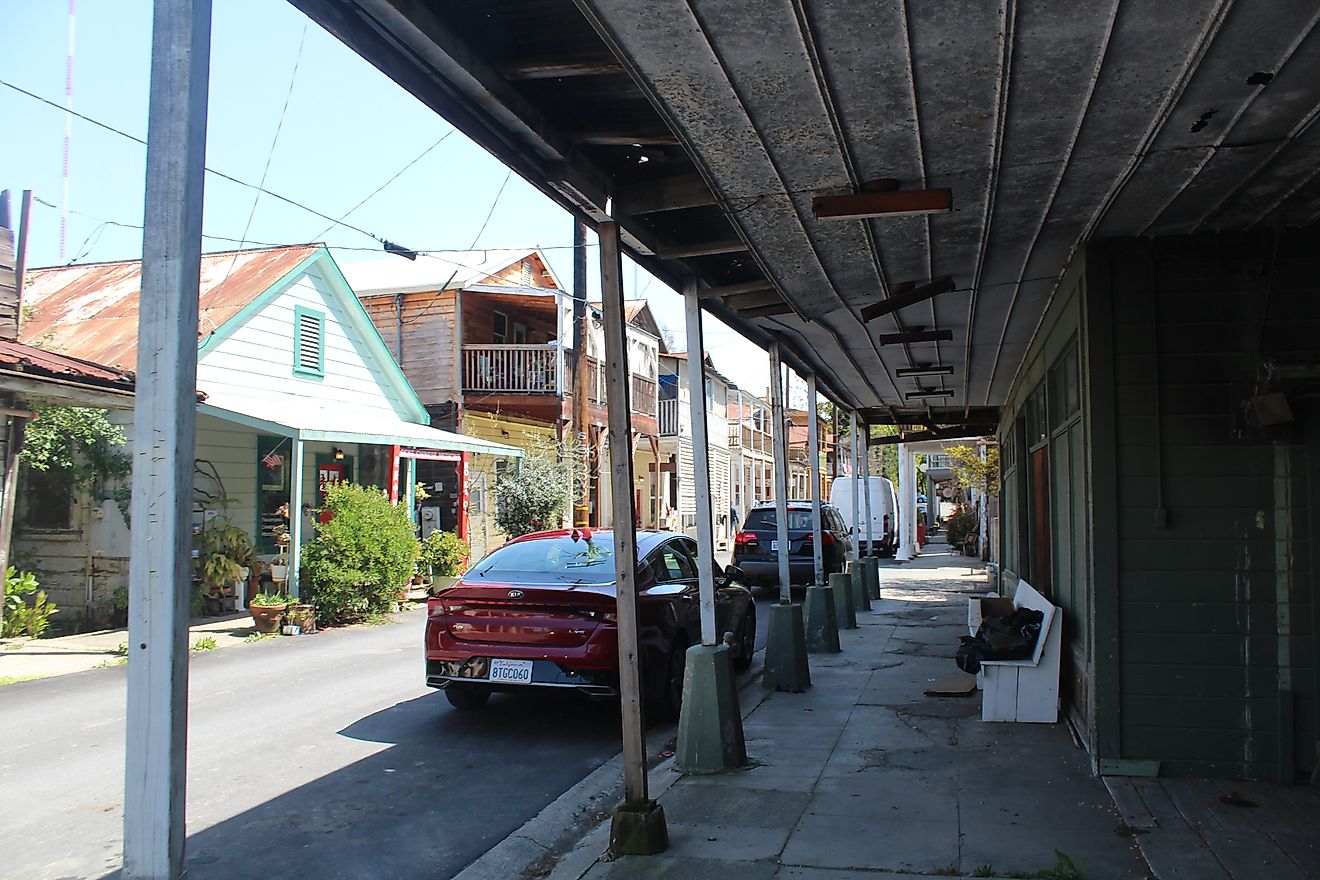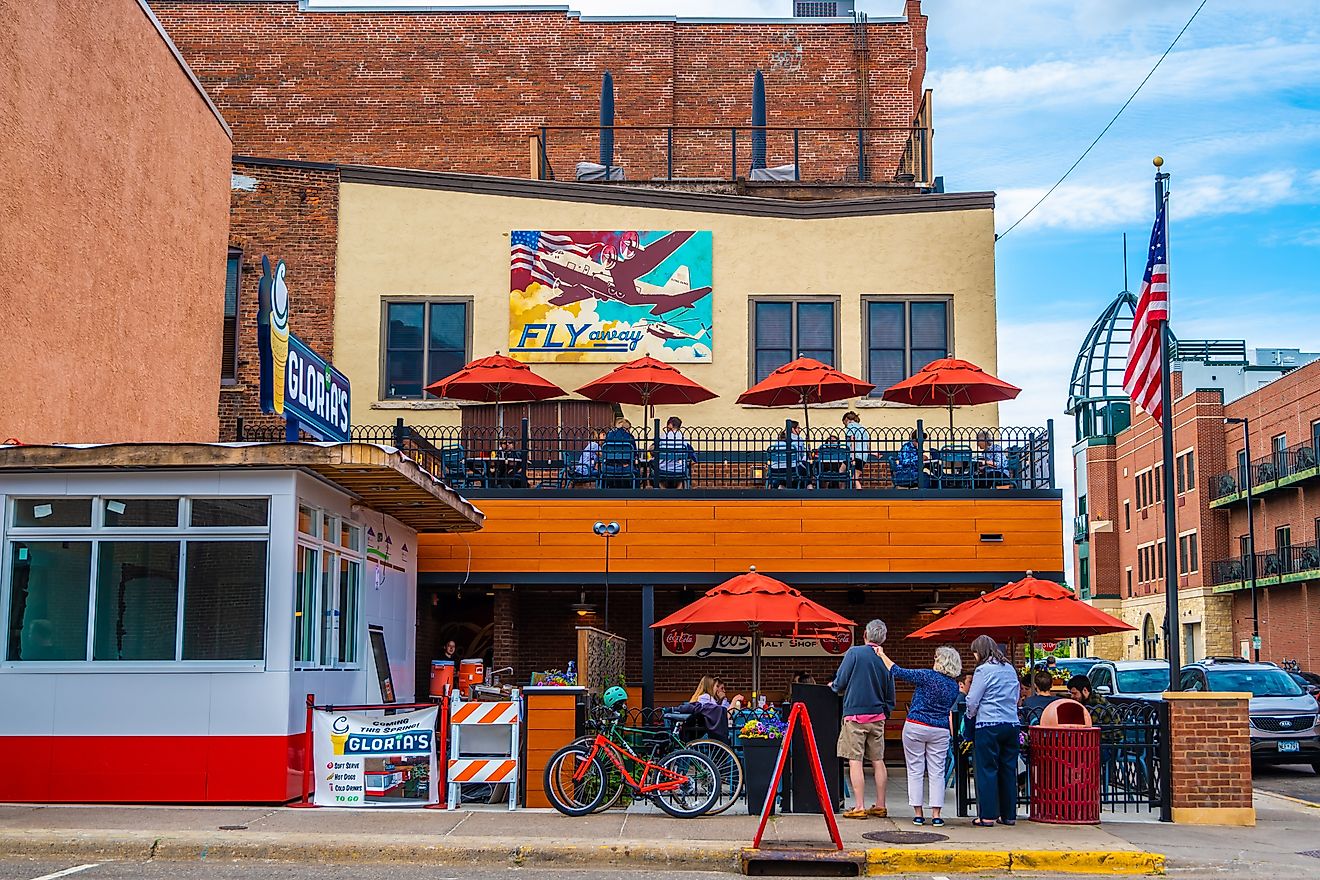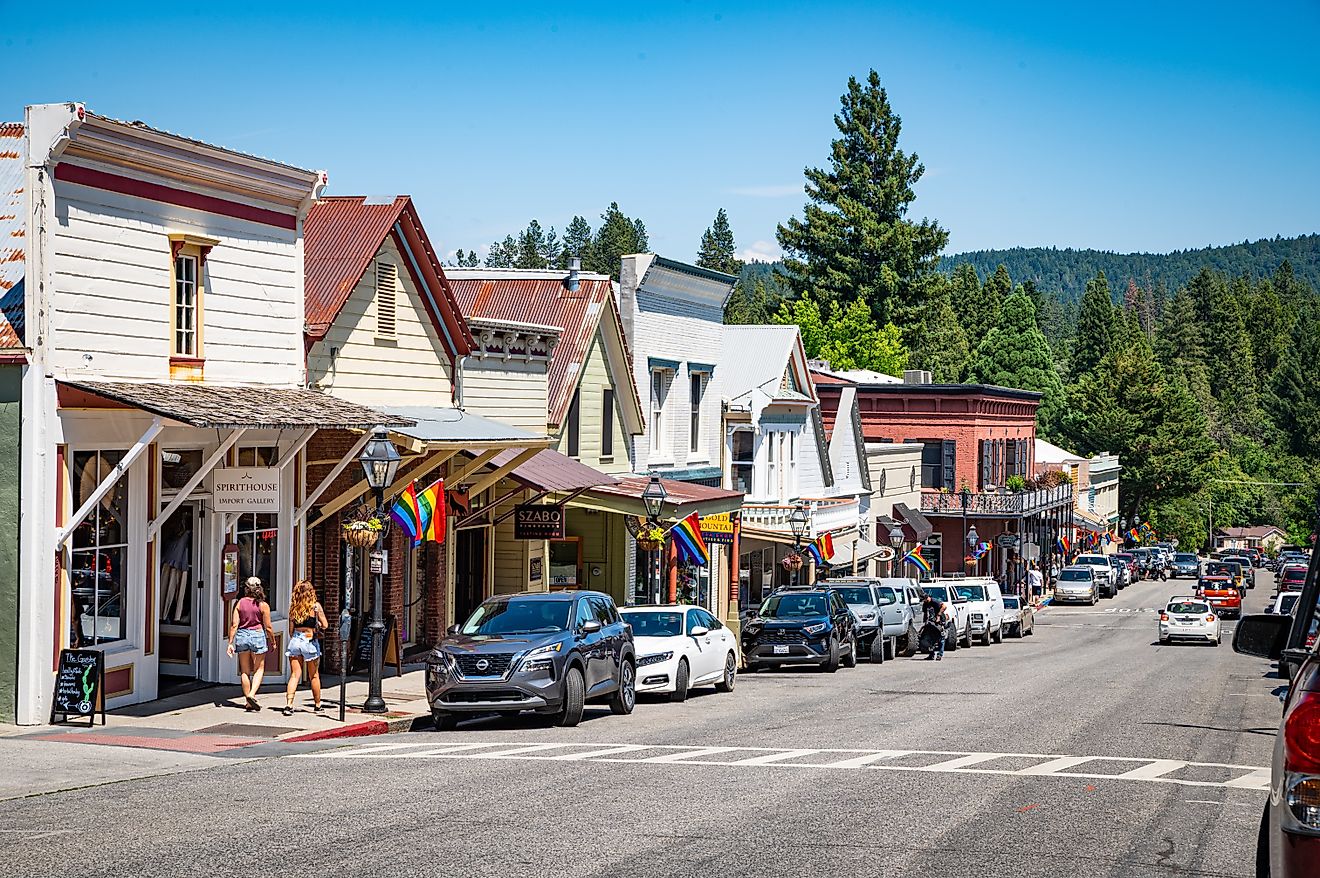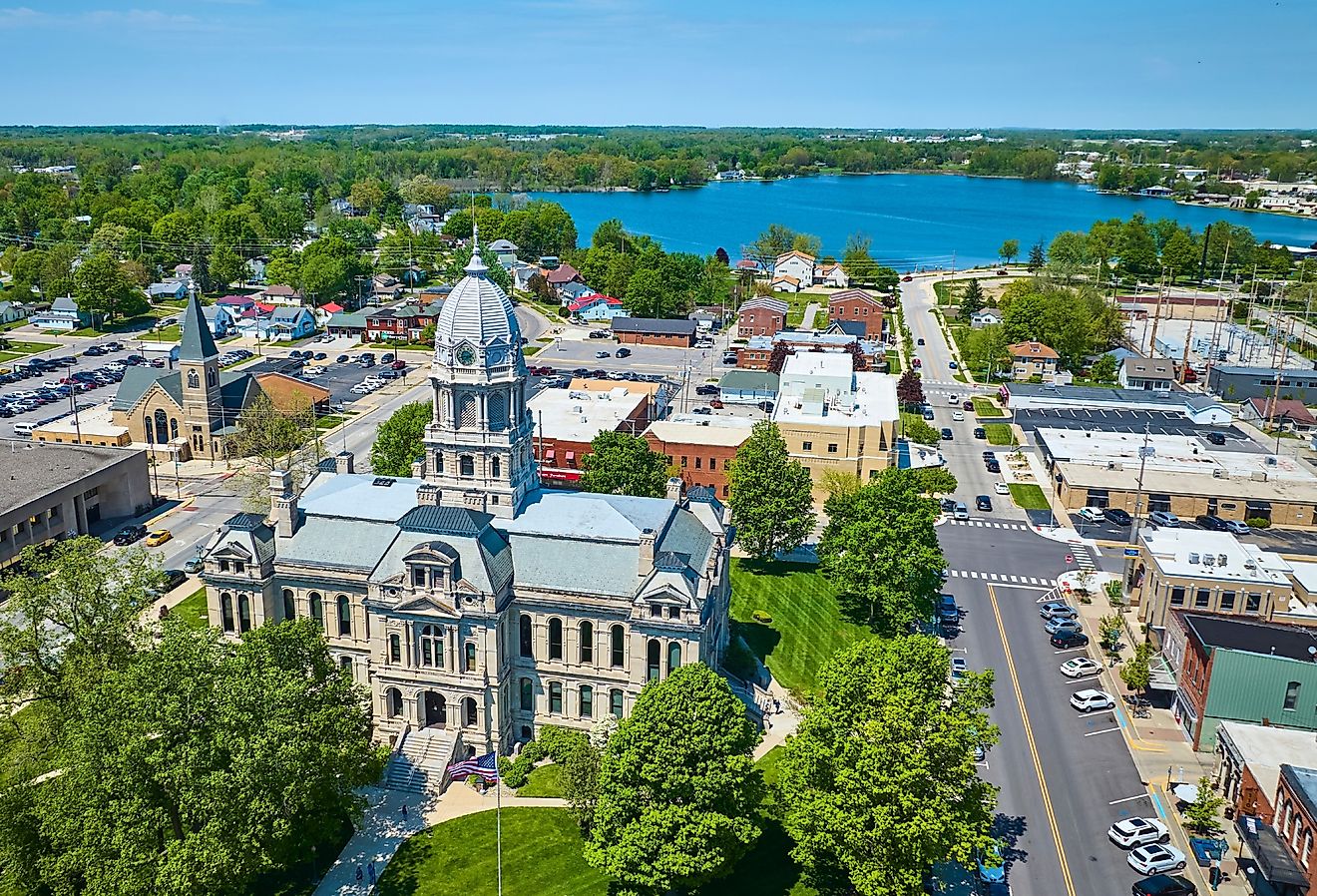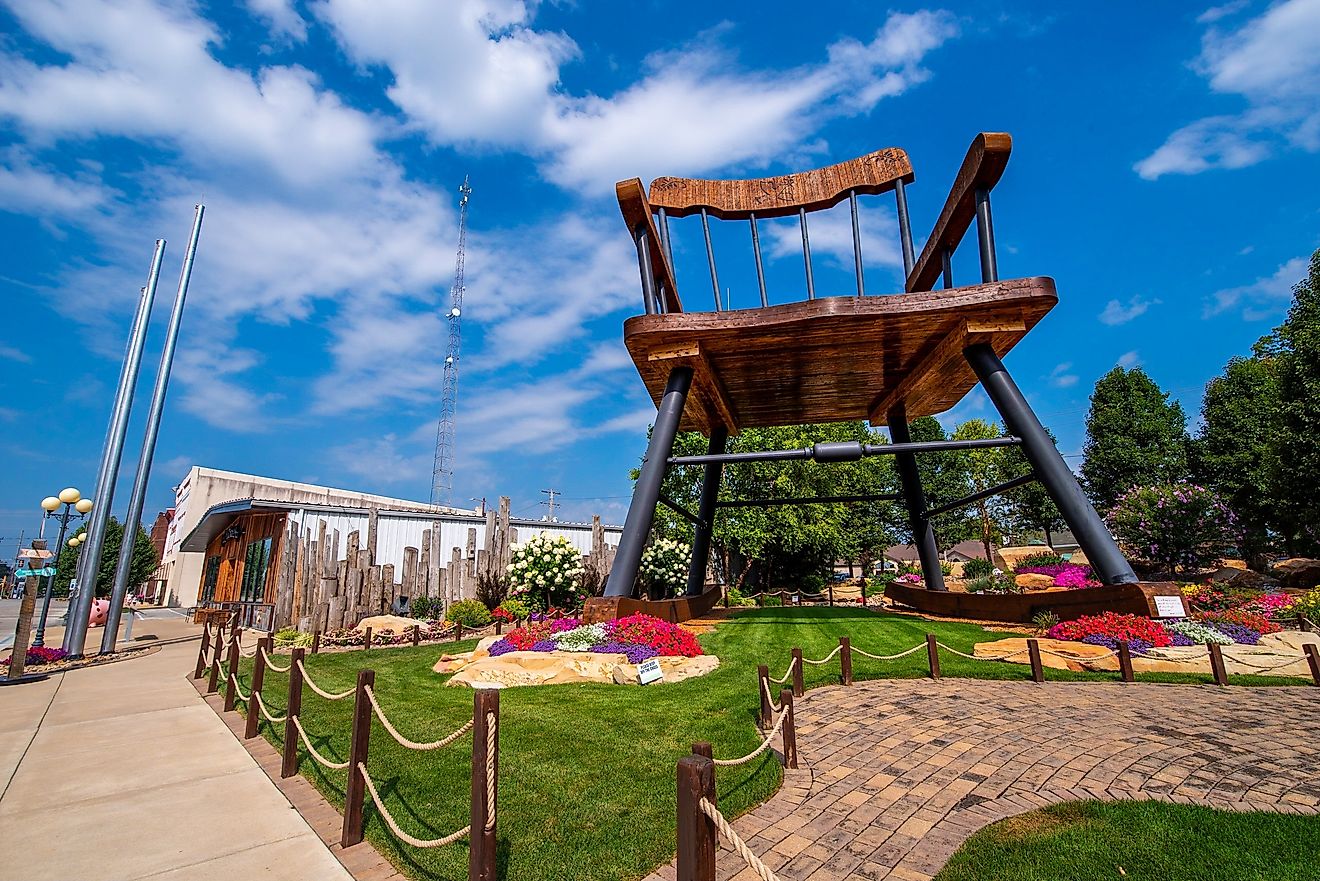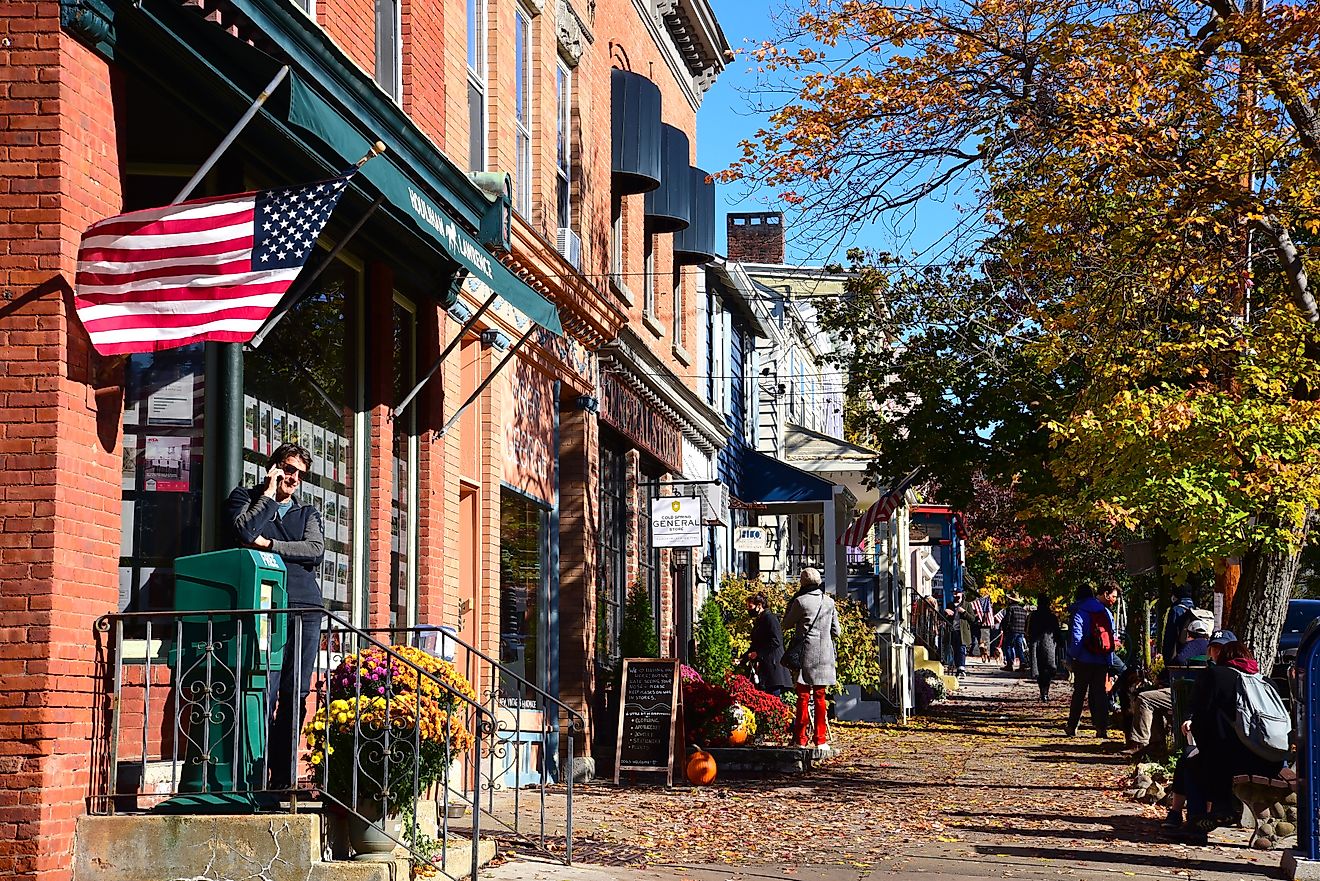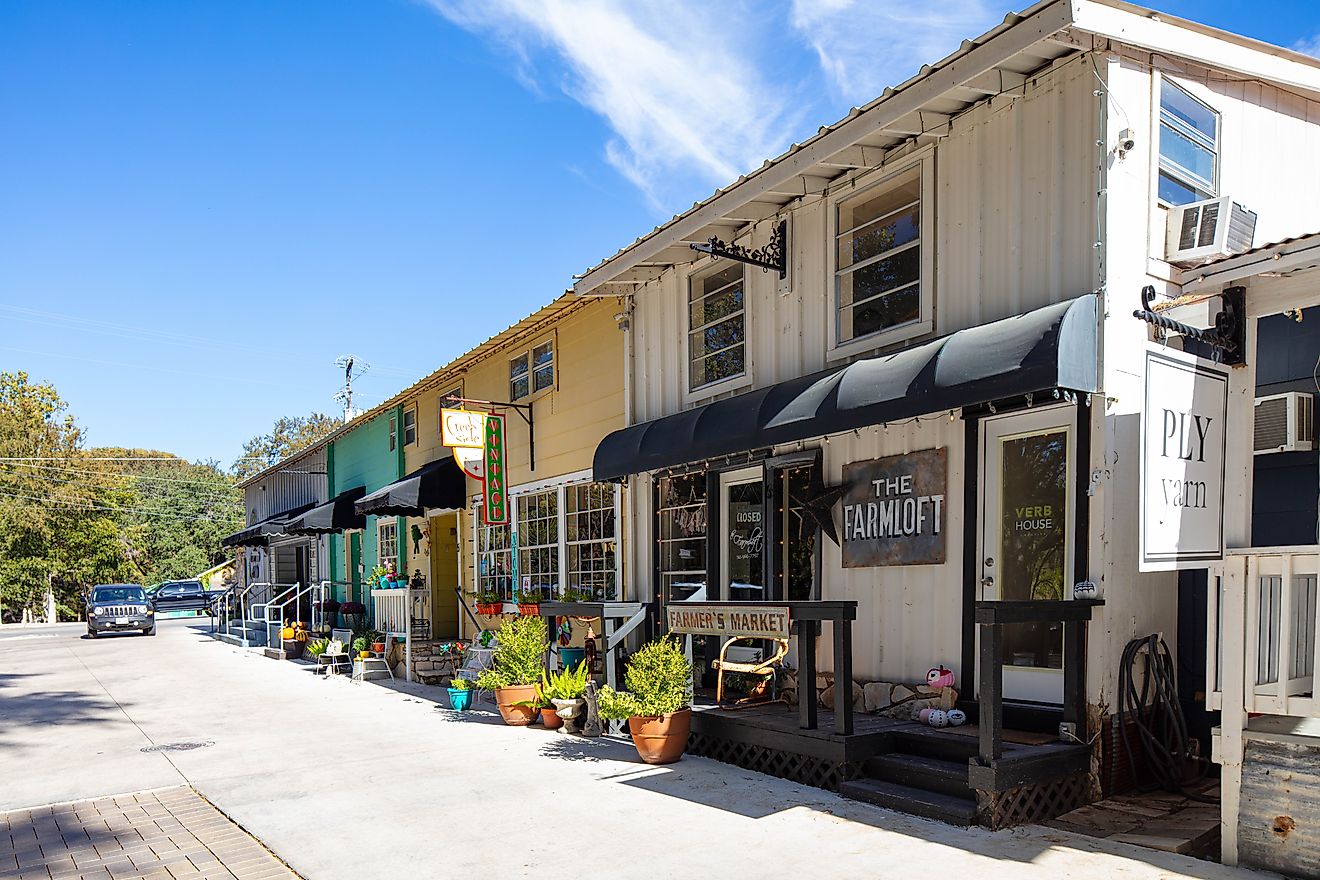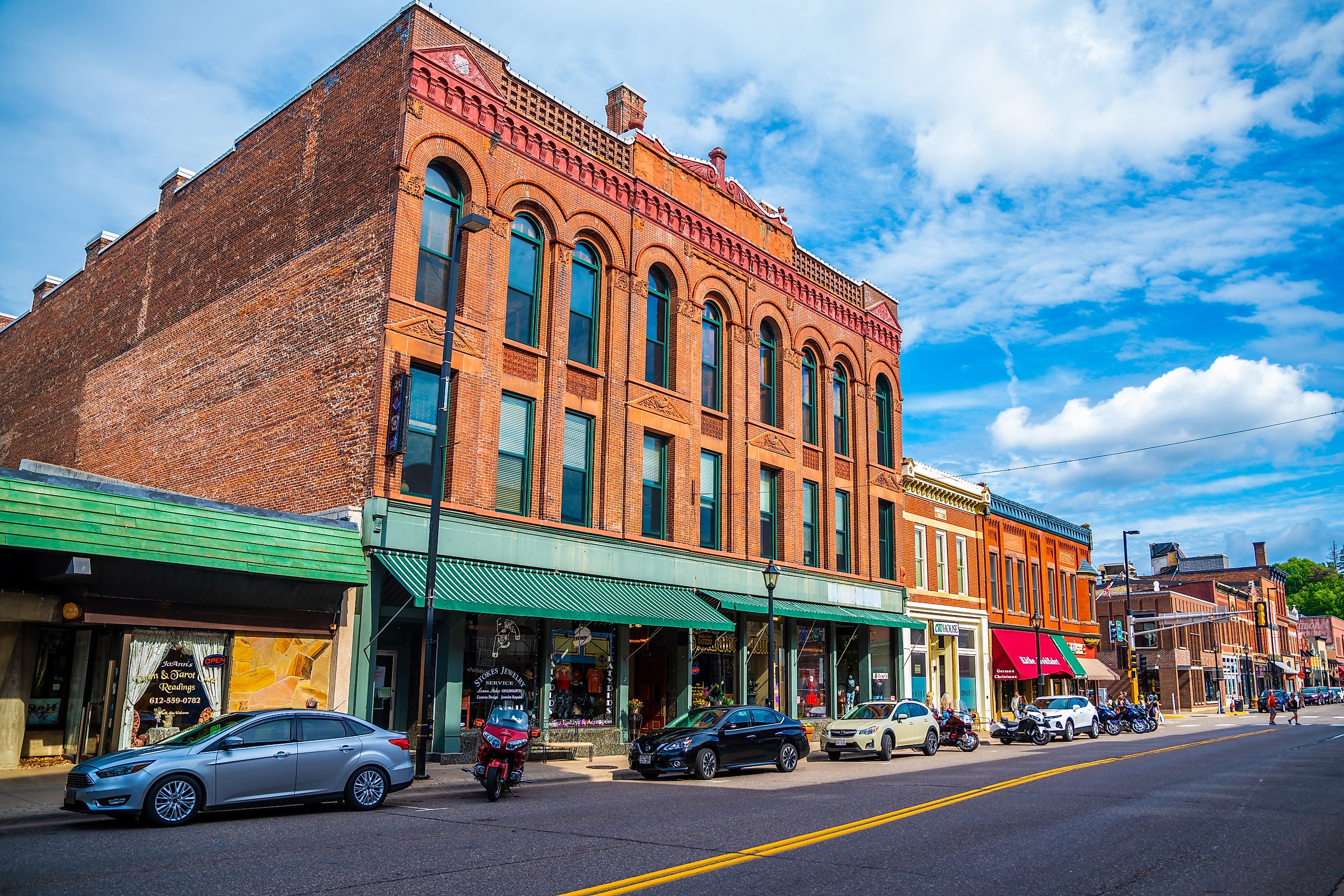
9 Towns in Minnesota that Transport You to the Past
Minnesota is a history buff's paradise, with fascinating stories waiting to be discovered in every corner. Every town in Minnesota has a unique history, offering a unique connection to the past. From Minnesota's oldest standing courthouse in Stillwater to a reconstructed village from the 19th century in Preston to a historic train depot in Red Wing, these towns and more are abundantly spread across Minnesota with a wealth of historical sites that will transport you to the past.
Stillwater
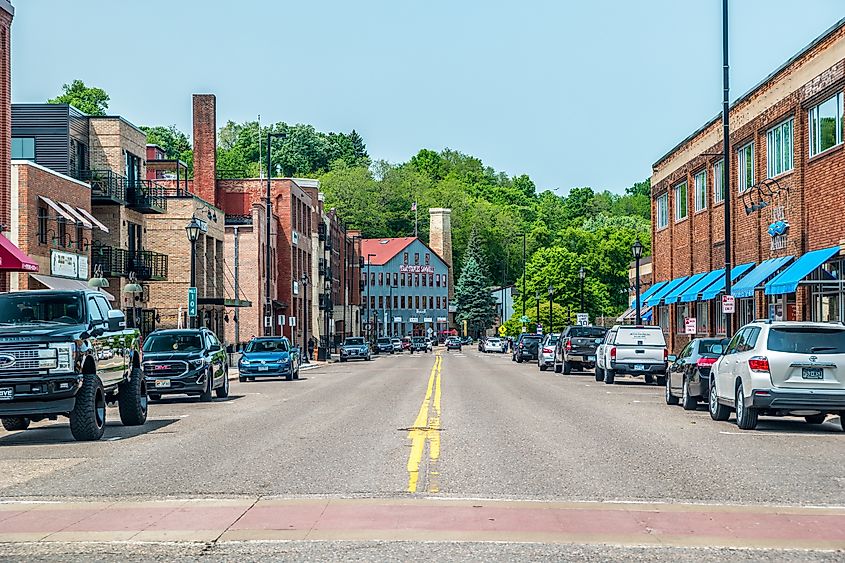
Stillwater, regarded as Minnesota's historic birthplace, is among the oldest settlements in the state, existing for many years before Minneapolis. Stillwater's Washington County Heritage Center offers more information about the town, which gained notoriety due to the lumber business. Its lumber mills were the biggest in the nation during the log boom, making Minnesota one of the world's biggest lumber marketplaces. Stillwater is home to Minnesota's oldest standing courthouse, built in 1870. Today, it offers visitors a chance to tour it. For a scenic way to explore the town, take a narrated trolley tour through Stillwater's beautiful districts, a self-guided walking tour of downtown, or a riverboat cruise along St. Croix River.
Pipestone
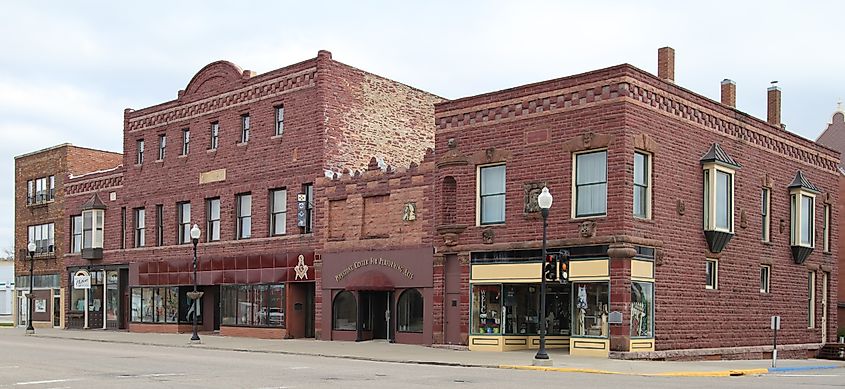
Native American history and culture are abundant in Pipestone. The Pipestone National Monument is one of the town's most recognizable landmarks. Many consider the area sacred because Indigenous people have used the pipestone quarries there to construct pipes used in ceremonies and prayer. In addition to the pipestone quarries, the Pipestone National Monument features a walking trail along Pipestone Creek, a picturesque waterfall, a lovely tallgrass prairie, a museum, and a gift shop. For further historical views, see notable buildings like the Calumet Hotel, a four-story Richardsonian Romanesque structure on the main junction in downtown Pipestone. Another destination is the Pipestone County Museum, which features intriguing exhibits covering everything from the town's first fire to Pipestone County's role in World War I.
Preston
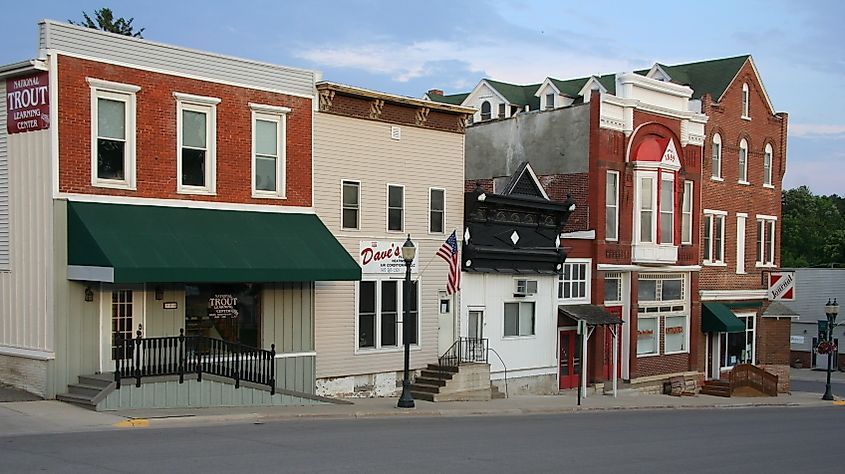
Preston is home to numerous historical sites that take tourists back in time. View the towering, cherry-red grain elevator constructed in 1902 by the Milwaukee Elevator Co. Farmers dropped off wagonloads of grain at this elevator, a thriving commercial center at the start of the 20th century. A restored Milwaukee Road train car and caboose are also displayed. The Minnesota Historical Society runs Historic Forestville, a reconstructed village from the 1800s worth exploring. While there, visit a store that sells authentic 19th-century goods or cross the Carnegie Steel Bridge to be transported back in time to 1899. Discover Southern Minnesota's culture at Fillmore County History Museum, a few miles north of Preston.
Hastings
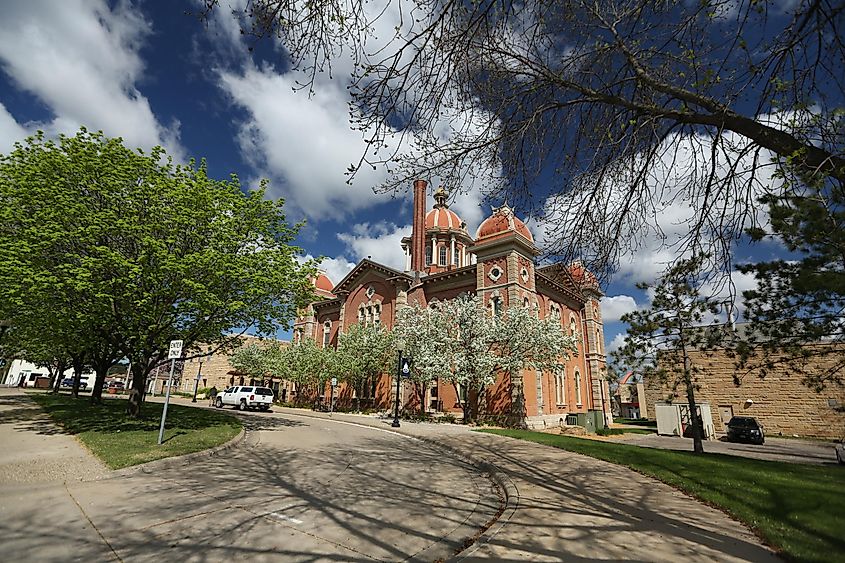
Located in Hastings, the LeDuc Historic Estate, built during the Civil War by one of Minnesota's famous pioneer families, is one of the few surviving examples of Gothic Revival home design in the United States. To discover its past, consider taking a guided tour of the home. Special events also occur there, ranging from Victorian tea parties to historic after-hours events. Other ancient landmarks in Hastings include the Sibley Ancient Site, Minnesota's first Euro-American settlement. It is located across from Historic Fort Snelling and features four unique limestone buildings on the Minnesota River bluff. The Dakota County Courthouse, built between 1869 and 1871, is one of Hastings' most recognizable buildings. In the early 90s, it was renovated to become Hastings City Hall.
Northfield

One of Northfield's most well-known landmarks is the bank that the James-Younger gang tried to rob in 1876. The Northfield History Center, formerly known as the Northfield Historical Society, maintains the location as it was on that tragic day, with exhibits and artifacts to gaze at. Northfield also has what is known as the "Outlaw Trail" to travel along the same route the gang took back in the day. Another part of Northfield's history is St. Olaf College, founded in 1874. Known for its vibrant art and culture scene, the college's Steensland Hall was home to the first campus art gallery, now called the Flaten Art Museum. Expect to see musical recitals and concerts often, including the annual St. Olaf Christmas Festival, a college tradition since 1912. Enrich yourself in more of Northfield's history at the Goodsell Observatory, Cowling Arboretum, and Northfield Arts Guild.
New Ulm
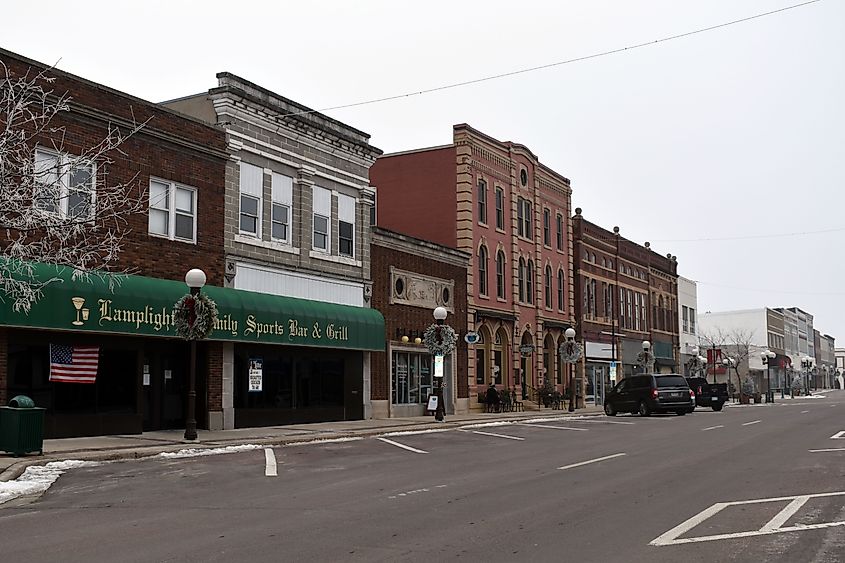
New Ulm's fascinating history began in 1854 when the Chicago Land Society, a German colonization organization, selected the location on the south bank of the Minnesota River. Ulm, Germany, the hometown of many immigrants, inspired the town's name. New Ulm was officially incorporated as a town years later. However, the Dakota Conflict in 1862 was nearly destroyed. After recovering, New Ulm was eventually named the Brown County seat. Displays that delve deeper into the Dakota Conflict and the history of Brown County can be found at the Brown County Historical Society Museum. The town's German influence is still recognized today with places like the August Schell Brewing Company, founded by German immigrant August Schell in 1860. The brewery specializes in German pilsners and lagers and is the second-oldest family-owned brewery in the United States.
Taylor's Falls

The early residents of Taylors Falls were primarily of New England ancestry, even though Swedish immigrants started arriving in the region around 1850. Taylors Falls honors the history of these immigrants while offering visitors outdoor adventure at the 20-mile multipurpose Swedish Immigrant Regional Trail. Most of the historic homes in Taylors Falls, such as the Folsom House, a 19th-century home of lumber baron W.H.C. Folsom, are situated in the Angel Hill Historic District. On Bench Street, Coffee Talk, a historic Victorian-style home built in the 1800s, is now a coffee shop that locals frequent.
Lindström
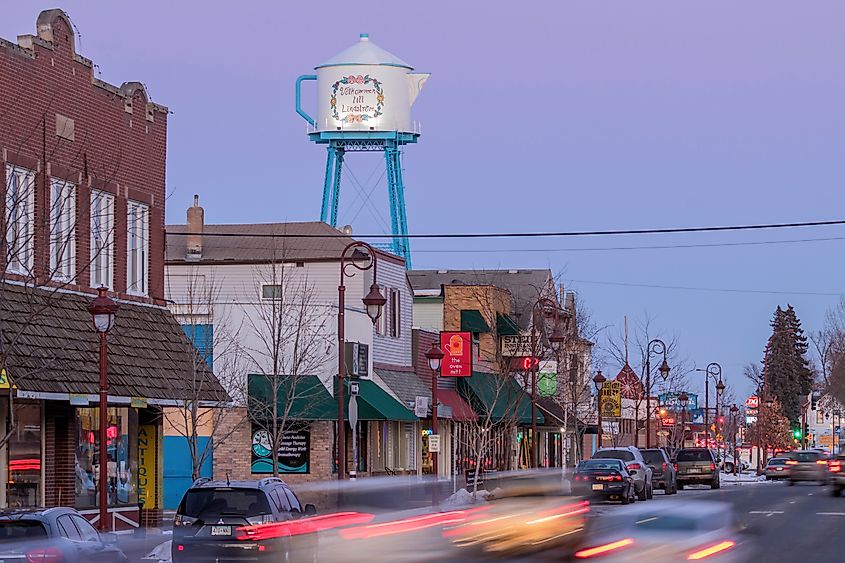
Lindström is a charming town founded by Daniel Lindstrom, a Swedish immigrant who arrived in America in 1853. Fascinating statues of Karl Oskar and Kristina Nilsson, fictional characters from Vilhelm Moberg's "The Emigrants" novels, are located near Lindström's west entrance and are a major tourist destination. In addition to the statue, Karl Oskar is a significant part of the town and is the basis behind Karl Oskar Days, Lindström's annual festival that pays homage to Swedish heritage. Experience Lindström's natural beauty at Allemansrätt Wilderness Park. The 130-acre scenic park provides the perfect backdrop for a relaxing nature walk or skiing along its long trails. The nearby Swedish Immigrant Trail is also another outdoor escape.
Red Wing

Red Wing is located on the Mississippi River and was named after an Indian chief in the 1800s. The town is one of Minnesota's leading manufacturing cities, leading to well-known businesses like Red Wing Shoes and Red Wing Stoneware & Pottery. Red Wing's rich history is reflected in its downtown district with the Sheldon Theatre, built in 1904. The historic Red Wing depot, also known as the Milwaukee Road, was constructed by the Chicago, Milwaukee, and St. Paul Railroad and opened to the public in 1905. Amtrak's Empire Builder train regularly stops at the Red Wing station today. The depot also houses an art gallery. Red Wing is also a popular destination for antique enthusiasts because its numerous stores sell unique antiques from the past.
Discover These Historic Towns in Minnesota
Anyone who wants to explore history and embark on a voyage of discovery should plan to travel to the Midwestern region of the United States to explore these historic towns in Minnesota. From Stillwater to Red Wing, these towns offer a glimpse into the past with everything from historic districts and monuments to museums and 19th-century architecture.

